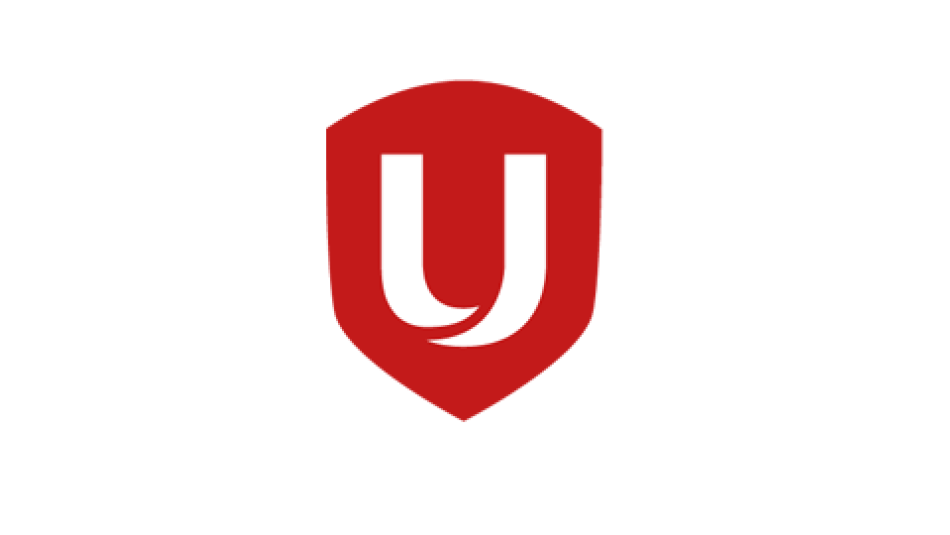
Share
To the Standing Committee on Heritage, Infrastructure and Cultural Policy,
My name is Samia Hashi, and I am the Ontario Regional Director of Unifor. I am writing share some concerns regarding Bill 46, Protect Ontario by Cutting Red Tape Act, 2025, specifically regarding proposed amendments to the Crown Forest Sustainability Act, 1994.
Unifor is Canada’s largest private sector union, with more than 320,000 members across the country, working in every major sector of the Canadian economy. Unifor’s 24,000 forestry sector members – including more than 4,000 in Ontario – work in a variety of forestry, logging, and firefighting occupations as well as wood product, bioenergy and pulp and paper manufacturing facilities.
Ontario’s forestry sector continues to experience a perfect storm of repeated and intersecting crises, and a combination of economic, environmental, and global challenges continues to destabilize the broader sector.
The ongoing softwood lumber dispute and the threat of further tariffs have intensified a trade war that are causing disastrous repercussions across the forestry sector. Earlier this year, the United States Department of Commerce raised combined preliminary softwood duties on Canadian softwood lumber to 34.45%.
The U.S. government has subsequently imposed new Section 232 tariffs on Canadian softwood lumber, effective as of October 14, 2025, adding a 10% tariff on top of the existing softwood duties, resulting in total duties/tariffs exceeding 45%.
In addition, every season, wildfires pose a serious threat to our forests, forestry operations, and communities that depend on forestry. Important conservation measures, including species and habitat protection efforts, continue to complicate long-term planning for the sector.
These financial challenges and other pressures have frozen investments in Ontario’s forestry sector and threatened the economic viability of many of our workplaces. Forestry workers and their families are struggling with layoffs, curtailments and closures, and Ontario’s forestry-dependent communities face an uncertain future.
Defending and rebuilding Canada’s proud forestry sector requires a comprehensive industrial strategy, spearheaded by the federal and provincial governments and informed by all relevant stakeholders, especially workers.
It is in this context that I wish to provide some comments on Bill 46, Protect Ontario by Cutting Red Tape Act, 2025, especially regarding related amendments to the Crown Forest Sustainability Act, 1994 (CFSA).
Bill 46 would amend the CFSA to allow the removal of forest resources (e.g., trees) for non-forestry purposes (e.g., roads, mining, utility corridors) under a streamlined regulatory process. This could create a regulatory disparity between the forestry sector and other sectors, since forestry operators would remain bound to the full CFSA licensing regime. We are concerned about the possible unintended consequences that could arrive from this arrangement, especially regarding operational fairness, compliance expectations, or sector competitiveness.
To be clear, Unifor supports effective, science-based regulations that promote responsible, sustainable business operations, economic development, Reconciliation, and conservation.
Sincerely,
Samia Hashi
Ontario Regional Director, Unifor


